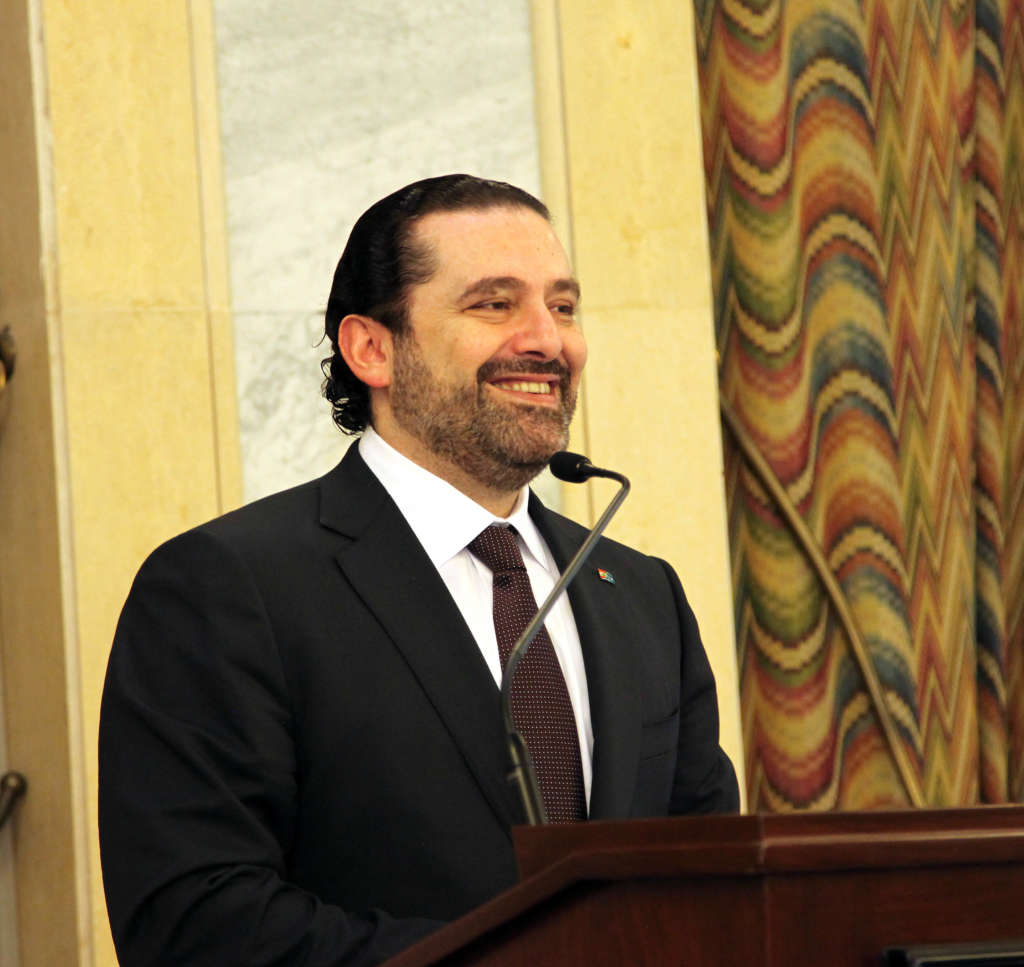Beirut – Civil society organizations are looking positively to all the political pledges that are being made in Lebanon on the importance of empowering the role of women in society. They are simultaneously waiting what will come of these stances, especially since past experiences have not been encouraging in this regard.
The latest of these pledges came with Prime Minister Saad Hariri’s assertion on Tuesday that “the women’s quota is an essential condition of the new electoral law that we are trying to reach,” vowing to implement a recommendation issued during his first term as premier in 2010 to include women in senior positions and boards of directors in the state.
He made his remarks during a ceremony held at the Grand Serail to launch the structure of the Ministry of Women Affairs. Hariri added: “Women in Lebanon represent 28 percent of the workforce in Lebanon and three percent of the members of parliament. The Ministry of Women Affairs is here to correct this imbalance.”
For his part, Minister of Women’s Affairs Jean Oghassabian unveiled the agenda of his Ministry, saying: “It ensures equal access of men and women to all civil, economic, social, cultural and political rights; empowers women, eliminates unemployment and poverty, and ends violence against them.”
Aly Slim, a researcher at the Lebanese Association for Democratic Elections and coordinator of the National Coalition to Support the Establishment of Women’s Political Participation, described as “positive” the stances of the prime minister, saying however that judgement will be made once words are translated into action.
He told Asharq al-Awsat: “We heard a lot from officials before the formation of the cabinet of their support for women to occupy ministerial posts, but when it came to the execution, only one woman out of 30 possible ministerial seats was appointed. The establishment of the Ministry of Women’s Affairs is however a step in the right direction. We hope it will play an effective role.”
Slim hoped that the women’s quota that is stipulated in any new electoral law does not drop below 30 percent, in accordance with international agreements. This hinges also on the structure of the law that will be reached, he added. He believes that Lebanese women are aware of their rights, but they are tied down by society and the law whereby the authority is always masculine and religious. This demands the approval of the “secret ballot” in Lebanon since the society is still conservative and women are subject to pressure that affects their participation in the elections.
